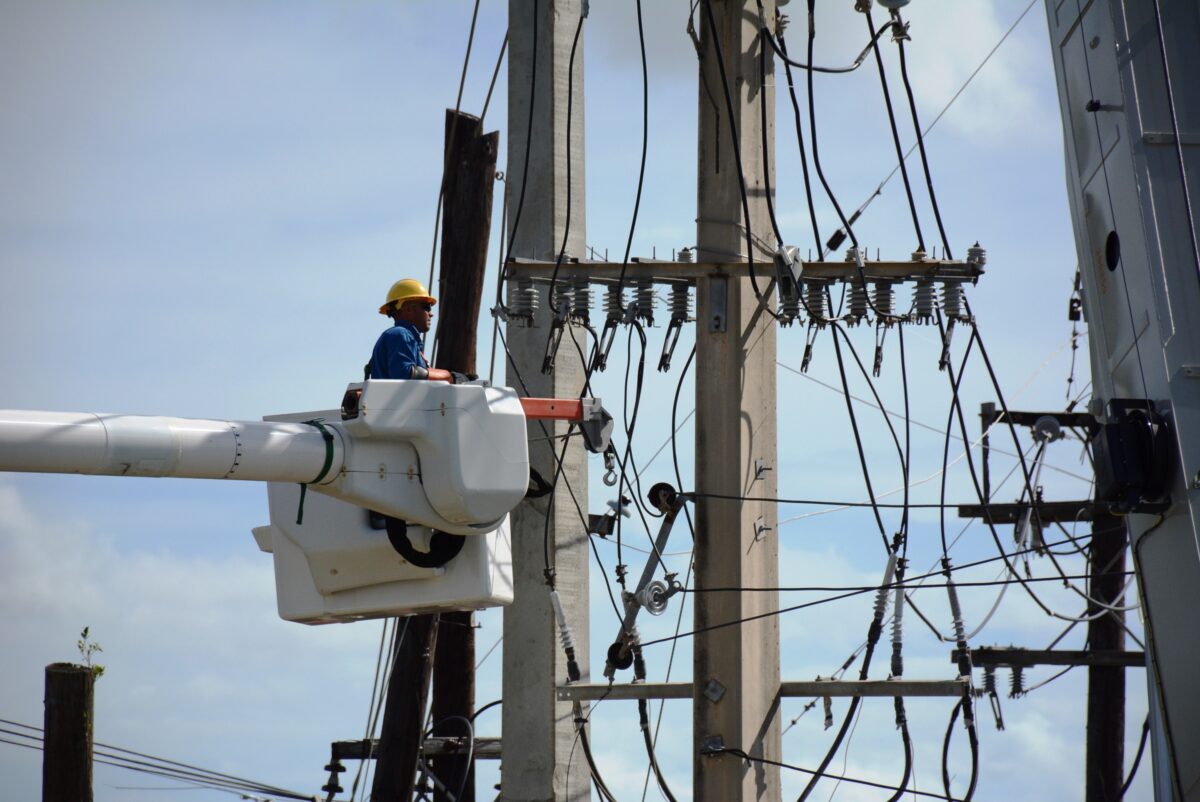PREPA debt, fiscal board shake-up raise concerns, firm CEO warns

Puerto Rico is at a pivotal moment in its fiscal recovery, as sweeping changes at the Financial Oversight and Management Board (FOMB) coincide with the still-unresolved restructuring of the Puerto Rico Electric Power Authority (PREPA) — the island’s last and most complex debt case.
The developments were the focus of the presentation “Power, Debt and the Final Rodeo Over PREPA and the Future of the Fiscal Oversight and Management Board for Puerto Rico,” delivered by Francisco Rodríguez-Castro, president and CEO of Birling Capital Advisors, to the firm’s clients.
The timing is critical. In July, the U.S. House Natural Resources Committee examined the FOMB’s role amid heightened scrutiny. This came days after President Donald Trump dismissed five FOMB members, reshaping the board’s composition and potentially its policy direction. According to Rodríguez-Castro, the changes could influence the pace of negotiations with creditors and the balance between debt repayment and infrastructure investment.
Since its creation under the Puerto Rico Oversight, Management and Economic Stability Act (Promesa) in 2016, the FOMB has achieved significant milestones, including the first certified balanced budget since Promesa — meeting one of four statutory benchmarks for ending federal oversight. Debt restructurings for the commonwealth, Sales Tax Financing Corp. (Cofina, in Spanish), and the Highways and Transportation Authority have also reduced liabilities.
However, PREPA’s $8.5 billion debt remains the largest unresolved obligation of any Puerto Rican entity. A First Circuit ruling recognized bondholders’ lien on the public utility’s present and future net revenues, increasing their leverage and raising the stakes in restructuring talks.
The PREPA case embodies difficult political, economic and social trade-offs. Rodríguez-Castro noted that decisions over ratepayer relief, grid modernization and investor recoveries are intertwined. A creditor-friendly deal could slow Puerto Rico’s transition to renewable energy if investment capital is diverted to debt service. Conversely, prioritizing modernization could require deeper concessions from bondholders.
The uncertainty is compounded by the possibility that the new FOMB may revisit PREPA’s fiscal plan, potentially delaying court confirmation of a restructuring agreement.
Criticism, costs and comparisons
Resident Commissioner Pablo José Hernández Rivera has called the FOMB’s record a “major failure of public policy,” citing the inability to sustain balanced budgets over nine years, costs that have exceeded $2 billion compared to the about $370–$400 million initially projected when Promesa was enacted, and reliance on high-paid consultants and lawyers.
Reports from the U.S. Government Accountability Office and Congressional Research Service have acknowledged improvements in fiscal discipline but warned that transparency and institutional capacity remain weak. They also underscored ongoing structural challenges, including the about poverty rate, some of the highest energy costs in the United States and a significant population decline.
In response, FOMB Executive Director Robert Mujica has said its actions have averted $60 billion in liabilities and that Puerto Rico could exit federal oversight within four years if fiscal discipline holds.
The presentation also compared Puerto Rico’s challenges with New York City’s 1975 fiscal crisis and Detroit’s 2013-2014 bankruptcy. While both cases restored stability, Rodríguez-Castro cautioned that Puerto Rico’s path is complicated by its territorial status and reliance on external capital.
The PREPA outcome, he said, will shape the island’s energy system, economic sovereignty and long-term competitiveness.
In a March “Think Strategically” column, Rodríguez‑Castro emphasized that Puerto Rico has the lowest level of economic freedom among all U.S. jurisdictions, scoring just 2.85 out of 10 — well below the next-lowest, New York, which scored 4.09. He warned that without a shift toward inclusive institutions and innovation-led growth, Puerto Rico risks further economic stagnation despite its strategic advantages.











